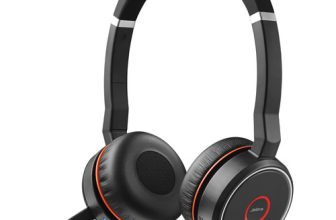
[ad_1]

It has been proven that music has a way of connecting our mind, body, and soul in ways we never thought possible.
We react to music differently, and that is what makes it more interesting. Even sad songs have a way of bringing pleasure and comfort to some listeners.
For decades, researchers have tried to determine the mood-boosting benefits of music and how it affects us emotionally. The results are outlined below.
Music Can Help Improve Memory
Although it can be true for some people, it certainly depends on various factors such as the type of music, level of enjoyment derived from a song, or how musically inclined an individual may be.
A study carried out in 2009 at the University of California showed that the dorsal medial prefrontal cortex (mPFC), which is a portion of the brain, is associated with music and memories. A typical example is when we experience emotional memories triggered by songs that we enjoy listening to.
It is no wonder that most students enjoy listening to music while studying, as it helps them recall what they studied.
It Helps Create a Feel-Good Factor
Listening to songs we enjoy helps stimulate serotonin production. Serotonin is a chemical in the brain that is also called a “happy hormone.” When you are happy, it is a lot easier to manage your mood and fight different diseases.
It Helps You Relax
Music has a way of connecting directly to your parasympathetic nervous system to relax your muscles and remove tension.
It can also lower your heart rate and help you breathe to the rhythm of the song you are listening to.
That is why experts advise that you go for songs that have a soothing sound and slow rhythm of about 60–80 beats per minute (BPM). If you already fall asleep to music then in-ear earbuds are recommended for those who sleep on their side as their low profile removes the pressure of having them against your pillow. Phiaton’s BT 120 NC Curve features active noise cancellation technology that will help drown out the unwanted low frequency sound while its lightweight makes it easy to forget that you are wearing it.
Music Can Help You Manage Pain
A recent study carried out to determine the effect of music on pain management in surgery patients discovered that patients who used music therapy for pain management before, during, and after surgery experienced less pain when compared to those who did not.
Music Can Help You Sleep
For adults, sticking to the recommended seven hours of sleep every night can be difficult. However, maintaining a ritual of listening to music just before bedtime can help you sleep better. Music helps your body release melatonin, which is a hormone responsible for the regulation of the sleep-wake cycle.
To learn more about sleep and ways to improve it, check out the infographic below.

Jan 22, 2020
[ad_2]
Source link






